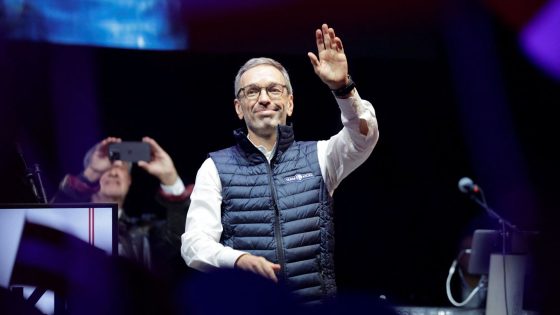PARIS — The International Olympic Committee confirmed Wednesday that Salt Lake City will host the 2034 Olympics — but, in the process, issued a veiled threat to United States authorities who might want to police doping in sports.
At the 142nd IOC session here in Paris, where a vote confirmed that Salt Lake would get the 2034 Winter Games, the bigger news was that of an amendment to the host contract.
The amendment allows the IOC to “terminate” the contract “in cases where the supreme authority of the World Anti-Doping Agency in the fight against doping is not fully respected, or if the application of the world anti-doping code is hindered or undermined,” IOC vice president John Coates said.
The context is a U.S. law that allows the Department of Justice to prosecute international doping conspiracies — and that has apparently left some international sports officials afraid of entering the U.S., lest they get ensnared by an FBI investigation.
Fraser Bullock, president and CEO of the Salt Lake bid, said at a news conference Wednesday that international sports federations are “worried, ‘Can I come to the United States safely?'” He and U.S. sports officials signed off on the amendment because, he said, “we need to make sure that everybody feels safe coming — and welcome.
The specific context is an ongoing U.S. federal investigation into the case of 23 Chinese swimmers who tested positive for a banned substance in 2021 and weren’t punished. Chinese authorities said the swimmers had been victims of contamination. The World Anti-Doping Agency (WADA) accepted that explanation and chose not to appeal. The U.S. Anti-Doping Agency (USADA) and others, however, has raised questions about the case after journalistic investigations brought it to light in April. USADA has accused WADA of “allowing China to sweep 23 positive tests for a potent performance-enhancing drug under the carpet.”
Amid a storm of skepticism and legal threats, USADA also lobbied United States congressmen to get involved. The U.S. Department of Justice, meanwhile, has been on the case. Swimming’s global governing body, World Aquatics, confirmed earlier this month that a federal probe into the case is ongoing.
WADA has bristled against what it sees as American overreach.
They fought against the Rodchenkov Anti-Doping Act, a groundbreaking 2021 U.S. law that allows the FBI and other governmental agencies to prosecute international doping conspiracies.
Since 1999, when the IOC founded WADA as a quasi-independent anti-doping regulator, both bodies have tried to uphold WADA’s authority in the space.
Now, it seems, they have taken the fight to Salt Lake’s host contract.
At Wednesday’s IOC session, which is frequently an hours-long slog of political statements and parroted company lines, Olympic officials from multiple countries took turns rebuking U.S. authorities for their response to the China case.
IOC president Thomas Bach then revealed that, after the issue was “intensively discussed” with partners in Utah and with the U.S. Olympic and Paralympic Committee, they came to the conclusion that the situation could be addressed “by amending the Olympic host city contract.”
Both he and Coates indicated that the USOPC — led by president Gene Sykes, who is running for election as an IOC member — had agreed to the amendment.
It’s unclear when or how the amendment was presented to the USOPC and the Salt Lake City bid committee, which is led by president and CEO Fraser Bullock.
“Shame on the IOC to favor threats over transparency,” said Rob Koehler, CEO of Global Athlete and former WADA employee. “If they had nothing to hide, they should be going into the U.S. and Salt Lake City with open arms to speak with anyone that has questions. But that’s clearly not the case.”
Coates said that both had given “unambiguous statements that their organizations are committed to partnering with the IOC in the discussions that must — say that word again, must — be had with the various U.S. authorities that they fully respect the supreme authority of WADA, and that the application of the world anti-doping code is not hindered or not undermined.”
“We appreciated that,” Coates said, as Salt Lake bid officials stared back at him with serious expressions. “And we are looking forward to, as soon as possible after the Paris Games, working with you to achieve those statements.”
Source Agencies


